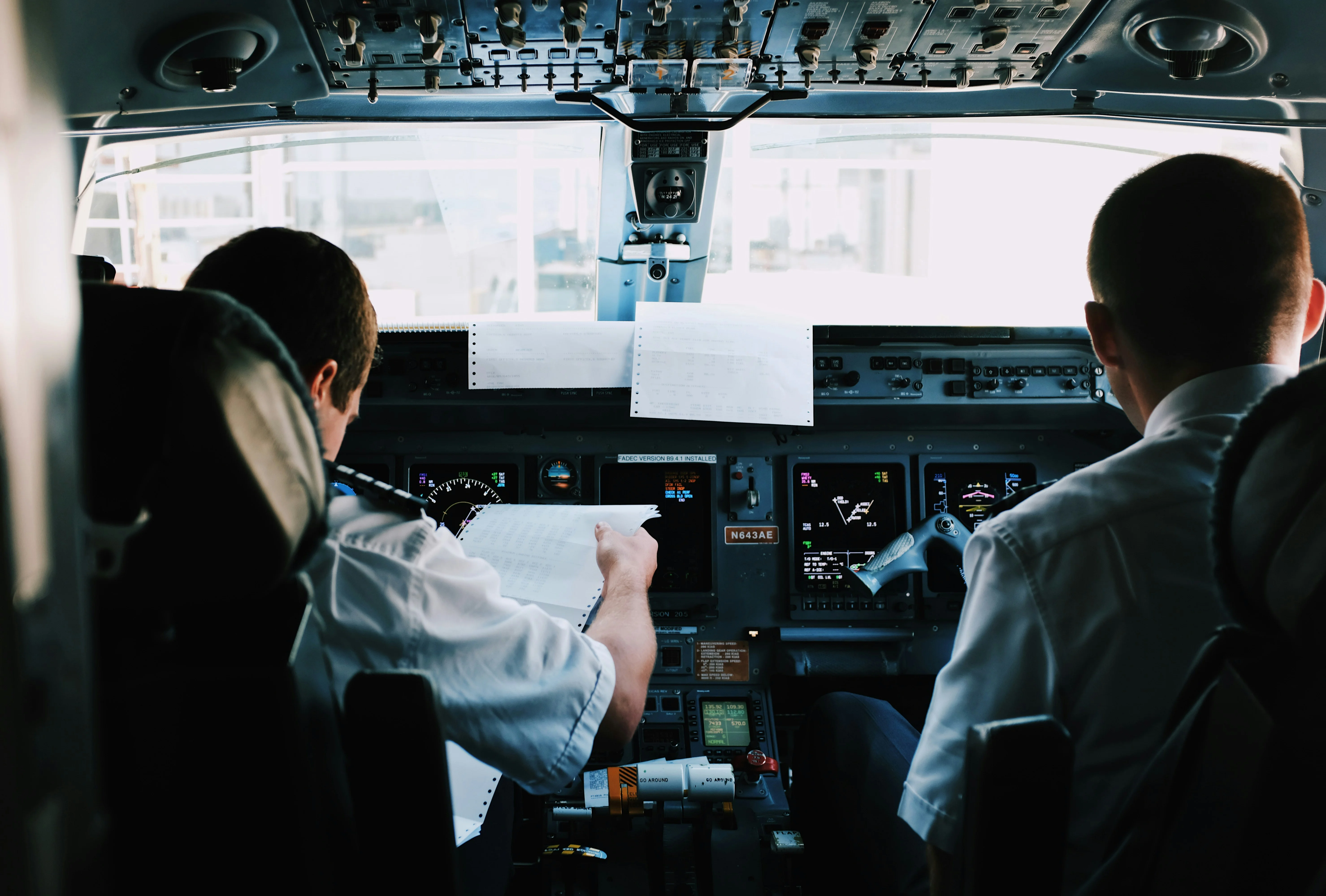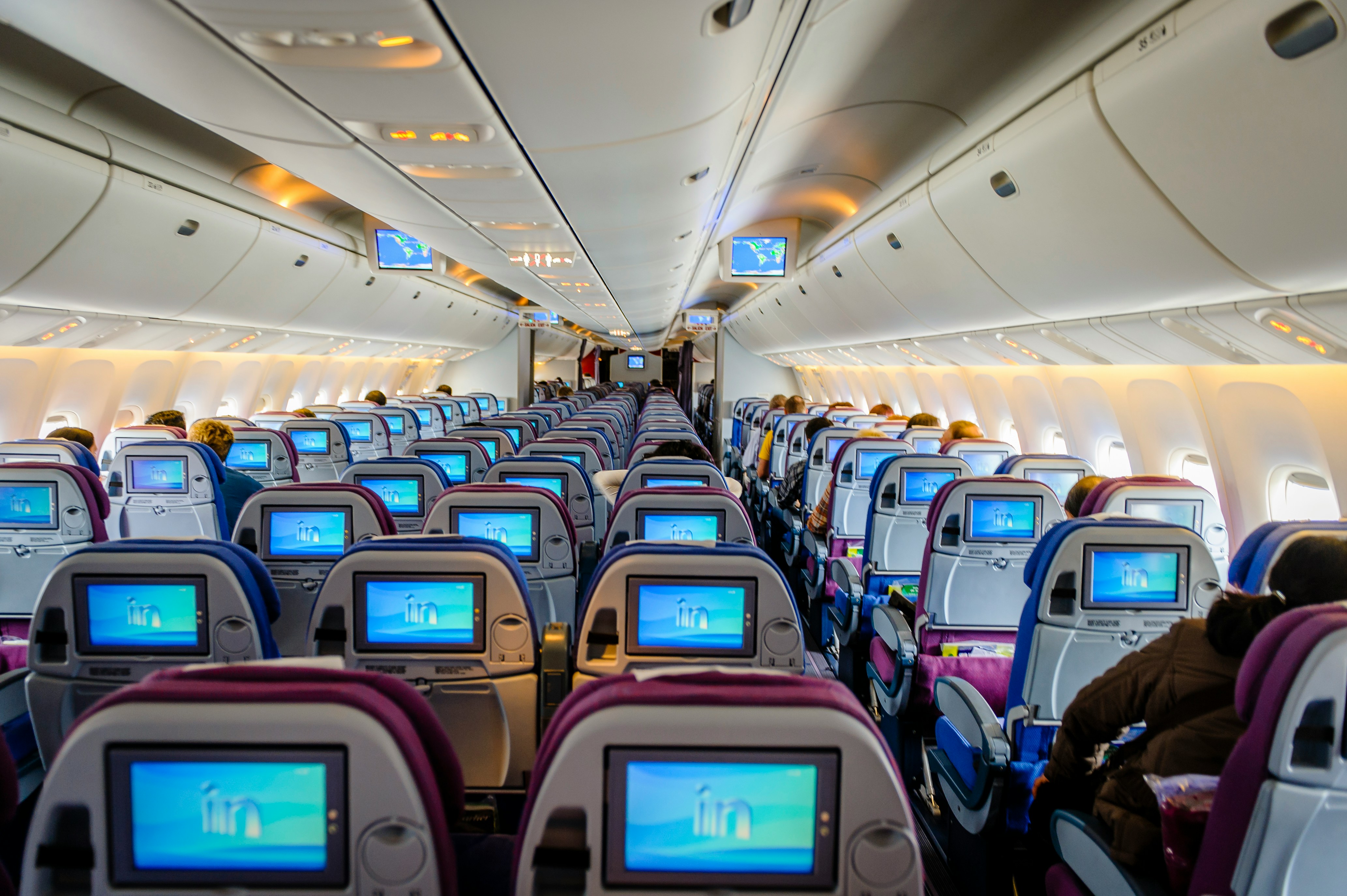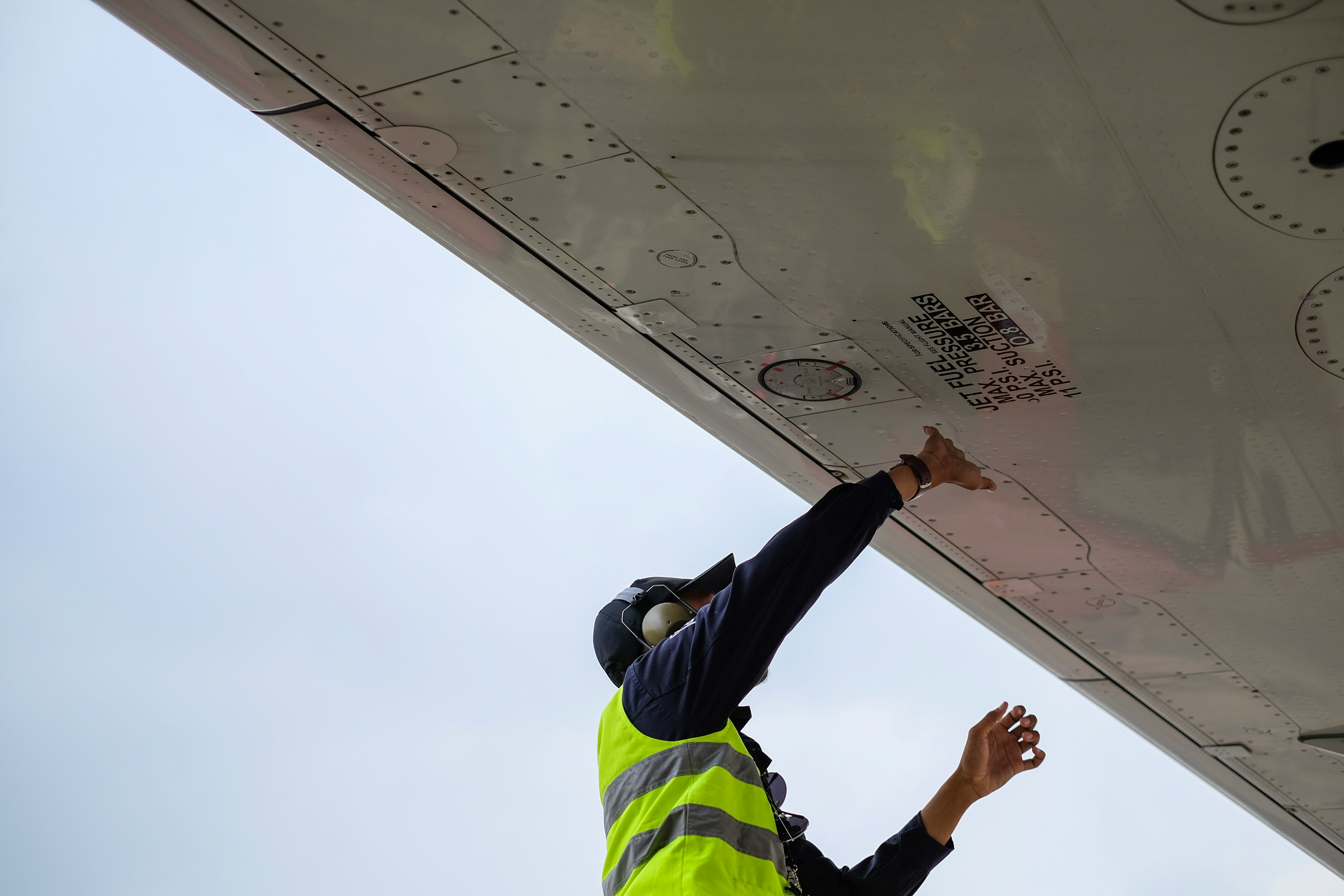Thinking of Becoming a Pilot?

Becoming a pilot offers a unique blend of adventure, skill development, and rewarding experiences. Here are some compelling reasons to consider a career in aviation:
- Industry Demand: The airline industry is actively hiring, with a predicted 13% increase in pilot jobs between 2020 and 2030 due to retirements.
- Intellectual Growth: Flying enhances cognitive abilities. Pilots learn logistics, meteorology, and quick decision-making skills. It’s a journey of continuous learning and adaptability.
- Diverse Career Paths: Learning to fly opens doors to various careers:
- Military Pilot: Beyond combat, the military uses pilots for training and testing.
- Banner Towing Pilot: These pilots fly aircraft displaying advertisements close to the ground, allowing people to read them.
- Professional Qualities: Pilots develop resource management, planning, and teamwork skills. They handle complex situations, making them effective thinkers.
- Discounted Travel: Commercial airline pilots enjoy discounted flight and hotel rates for themselves, friends, and family.
- Spectacular Views: Each day brings a unique perspective—rivers, mountains, and oceans—all from the cockpit.
- Freedom and Adventure: Flying provides freedom to explore new places, escape traffic, and experience the thrill of adventure.
- Community: Pilots build camaraderie with coworkers worldwide, creating a strong network within the aviation community.
- World Exploration: Pilots get to travel the world. Whether flying for airlines or private flights, they explore different cities, cultures, and destinations. It’s a career that allows you to see new places and experience diverse environments!
- Accomplishment and Fulfillment: Successfully navigating an aircraft and ensuring safe flights provide a sense of accomplishment and fulfillment. Pilots take pride in their role as skilled aviators.
Being a pilot offers a blend of technical expertise, breathtaking views, and a sense of purpose. If you’re ready to soar, consider becoming a pilot—it’s a career that pays off both professionally and personally!
Not Sure if Piloting is the Right Path? Here are Other Jobs In Aviation That Might Appeal to You!
-
Airframe and Powerplant Mechanics (A&Ps): A&Ps maintain and repair aircraft. They inspect, troubleshoot, and service engines, airframes, and avionics systems.
-
Avionics Technicians: Avionics technicians specialize in electronic systems within aircraft. They install, maintain, and repair communication, navigation, and radar equipment.
-
Engineers: Aerospace engineers design and develop aircraft, propulsion systems, and avionics. They work on innovations to improve safety, efficiency, and performance.
-
Flight Instructors: Flight instructors teach aspiring pilots how to fly. They impart essential skills, knowledge, and safety practices.
-
Dispatchers: Flight dispatchers plan flight routes, monitor weather conditions, and coordinate with pilots during flights.
-
Line Service Technicians: These professionals support flight crews and passengers by handling tasks such as fueling, towing, and marshaling aircraft.
-
Airport Planning: Airport planners design and optimize airport layouts, runways, taxiways, and terminal facilities.
-
Airfield Operations: Airfield operators manage runway operations, ground services, and safety protocols at airports.
-
Aircraft Contractors: Contractors provide specialized services, such as painting, interior refurbishment, or modifications to aircraft.
-
Aerospace Engineers: These engineers focus on designing and improving aircraft structures, propulsion systems, and aerodynamics.
-
Flight Attendants: Flight attendants ensure passenger safety, comfort, and service during flights.

-
Air Traffic Controllers: Controllers manage air traffic, guide planes during takeoff and landing, and prevent collisions.
-
Aviation Managers: Managers oversee airline operations, safety compliance, and strategic planning.
-
Ground Staff: Ground staff handle check-in, baggage handling, security, and customer service at airports.
-
Aircraft Maintenance Technicians: These technicians perform routine inspections, repairs, and maintenance on aircraft.
Remember that each of these roles contributes to the dynamic and interconnected world of aviation. Whether you’re fascinated by technology, love flying, or thrive in a managerial role, the aviation industry has something for everyone!
LOOKING FOR EXHAUST SYSTEM PARTS? AEROSPACE WELDING IS WHAT YOU NEED!Free shipping and no order minimum at Air Power, Inc! Aerospace Welding Minneapolis, (AWI) was established in 1993 and is a world leader in general aviation aircraft exhaust systems and engine mount repair! PRODUCT HIGHLIGHTS: LOTS IN STOCK!!! |
Aircraft Pilot vs. Aircraft Mechanic: Navigating the Skies or Tinkering with Precision?

The aviation industry thrives on collaboration between two essential roles: aircraft pilots and aircraft mechanics. While both contribute to safe and efficient flight operations, their paths diverge significantly. Let’s explore the unique aspects of each profession:
Aircraft Mechanic: The Silent Guardians of the Sky
-
Responsibilities:
- Maintenance and Repairs: Aircraft mechanics are the unsung heroes who ensure that planes remain airworthy. They meticulously inspect, troubleshoot, and repair various components, from engines to avionics systems.
- Safety First: Their primary focus is safety. They identify potential issues before they escalate, preventing catastrophic failures during flight.
- Tool Mastery: Armed with an array of tools—both manual and computerized—they diagnose problems and perform intricate repairs.
-
Education and Training:
- High School Diploma: Most aircraft mechanics start with a high school diploma or equivalent.
- On-the-Job Training: They gain hands-on experience through apprenticeships or on-the-job training.
- FAA Certification: Many pursue certification from the Federal Aviation Administration (FAA) to enhance their expertise.
-
Job Satisfaction:
- Precision Work: Aircraft mechanics find fulfillment in their meticulous work. Their attention to detail directly impacts flight safety.
- Behind the Scenes: They may not bask in the limelight, but their contributions keep planes soaring.
Aircraft Pilot: The Sky Navigators
-
Responsibilities:
- Flight Operations: Pilots are the masters of the skies. They conduct pre-flight checks, handle takeoffs, navigate en route, and execute smooth landings.
- Emergency Preparedness: Pilots train rigorously for emergencies, from engine failures to adverse weather conditions.
- Advanced Systems: They operate sophisticated aviation systems, ensuring precise navigation and communication.
-
Education and Training:
- Commercial Pilot’s License: Pilots undergo extensive training, logging flight hours and passing rigorous exams.
- Physical Fitness: They must meet strict medical standards, including 20/20 vision.
- Career Progression: Starting as co-pilots, they climb the ranks to become captains.
-
Job Satisfaction:
- The Sky as Office: Pilots relish the ever-changing view—the sunrise, cloud formations, and city lights.
- Control and Responsibility: They thrive on the responsibility of safely transporting passengers and cargo.
- Adrenaline Rush: The thrill of takeoffs, landings, and navigating through turbulence keeps them engaged.
Comparing the Skies and the Hangar Floor
-
Job Duties:
- Overlap: Both pilots and mechanics perform pre-flight checks and maintenance tasks.
- Specialization: Mechanics delve into intricate repairs, while pilots specialize in flying operations.
-
Requirements:
- Mechanics: High school diploma, on-the-job training, and FAA certification.
- Pilots: Commercial pilot’s license, flight training, and physical fitness.
Whether you choose the cockpit or the hangar, both paths contribute to the magic of flight. Mechanics keep the machines humming, while pilots navigate the skies. So, which journey will you embark upon?
*SHOP AEROSPACE WELDING HERE!*
Find What You Need at Air Power Inc.!
Questions? Our team is ready to assist you anytime. Your aviation success starts at Air Power!
CONTACT US

